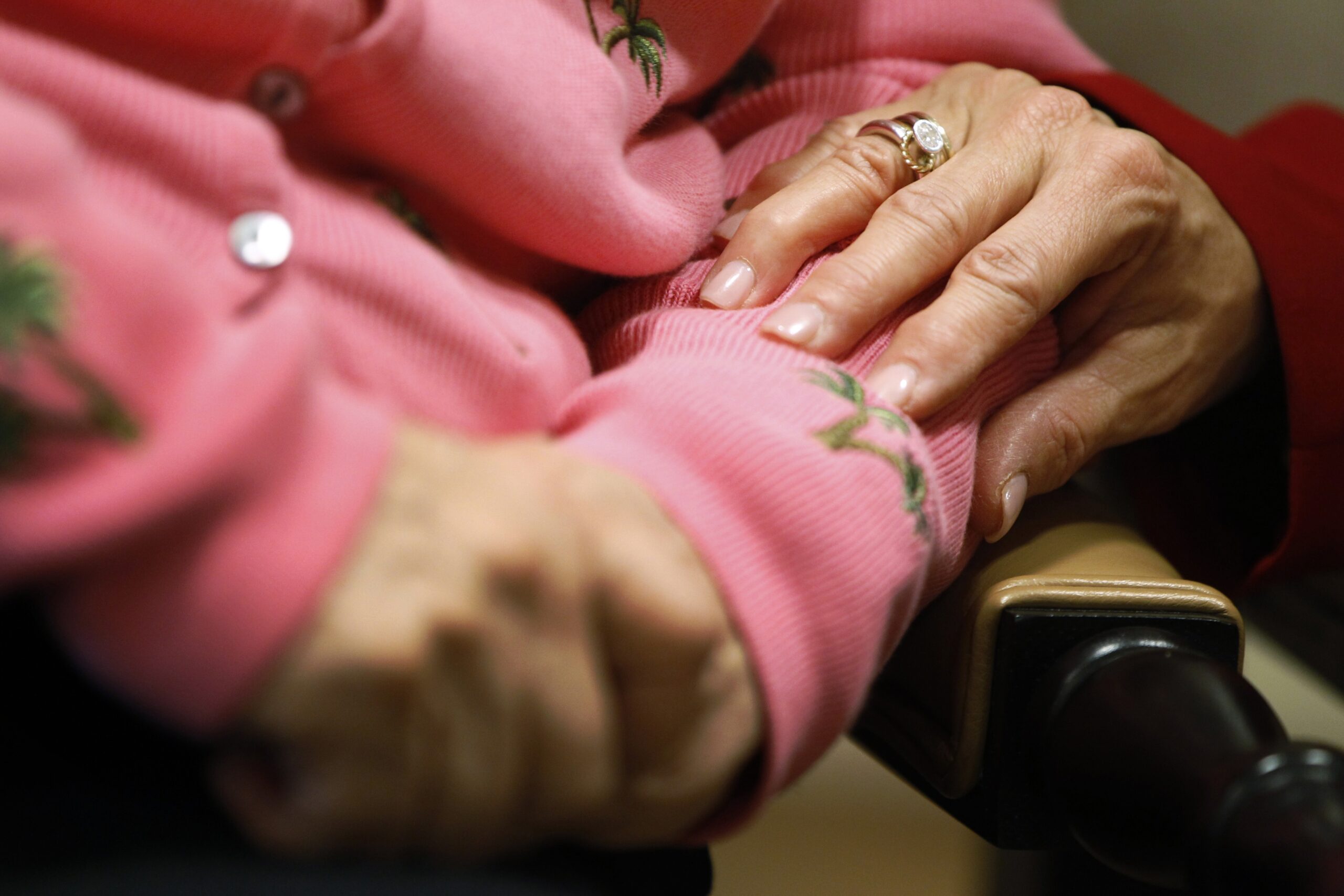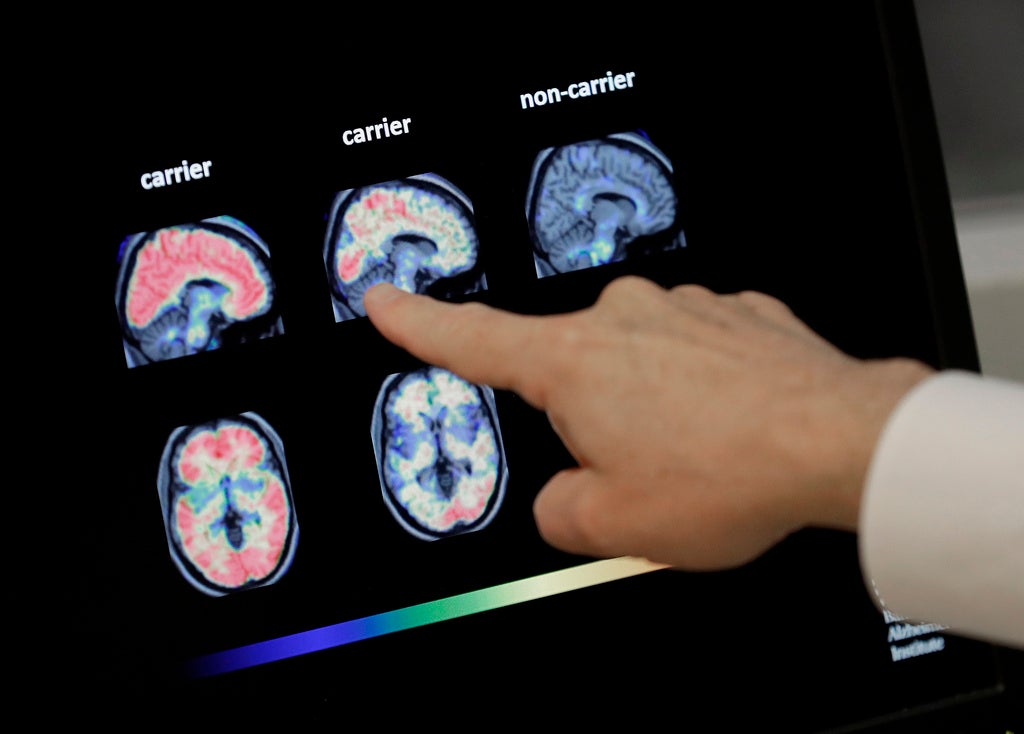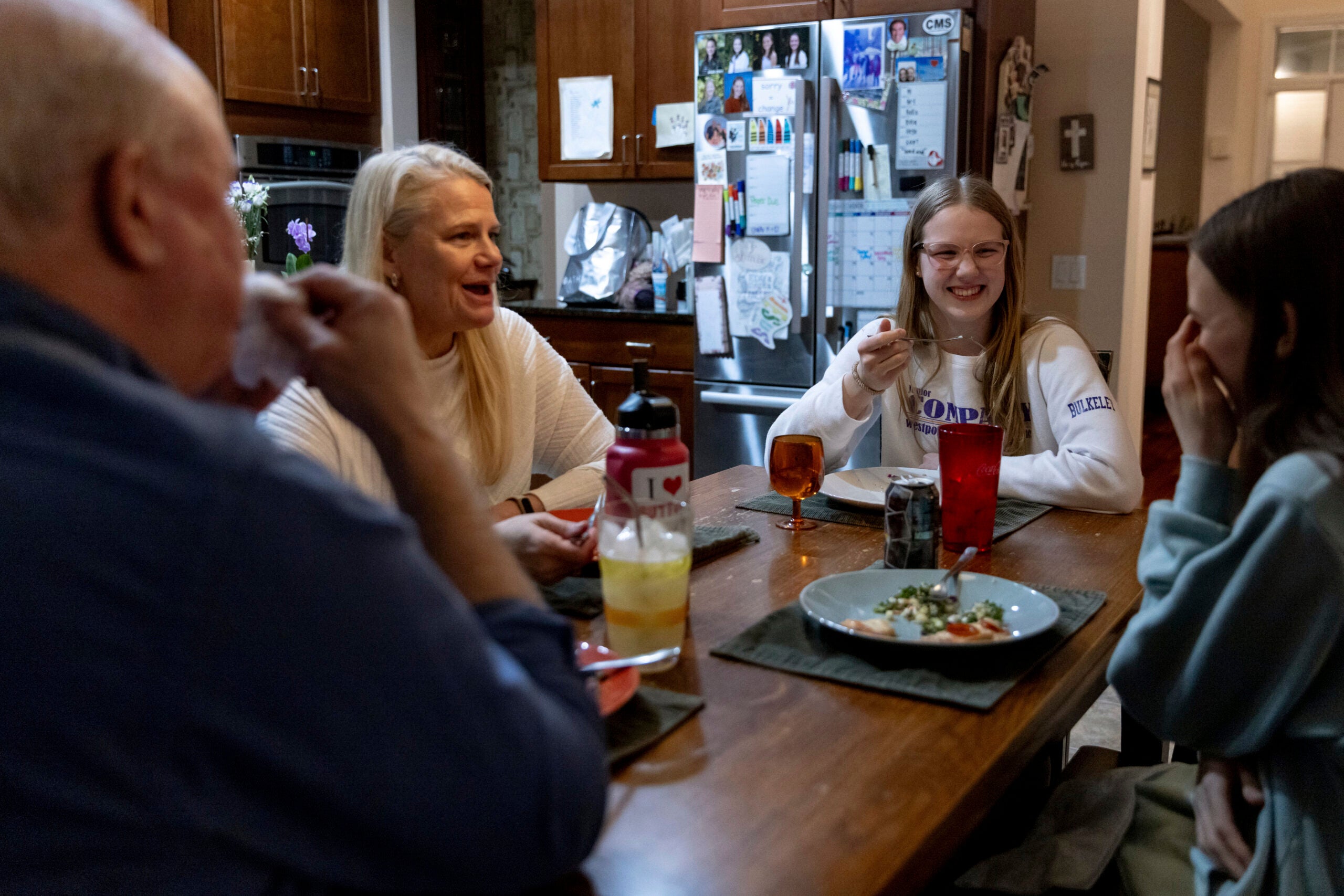I write a lot about dementia. The older I get, the more I’m interested in all sorts of brain loss.
My mom had dementia, probably Alzheimer’s disease, although as a one- to two-pack-a-day smoker it could have been small strokes. My mother-in-law developed dementia; she, too, was a smoker. And my father-in-law developed dementia from a stroke.
The older we get, the more likely we are to develop dementia. And if we’re smart, we’ll look at all sorts of ways to prevent this.
Stay informed on the latest news
Sign up for WPR’s email newsletter.
New research published in the British Medical Journal looks at cognitive stimulation and dementia. But before I get into the nitty-gritty of what they showed, let’s review some of the things we know about this devastating disease.
Dementia, in the way that I’m talking about, includes all sorts of memory loss — past memory, immediate memory, with or without loss of executive function, or the ability to make a decision and take action.
My mom couldn’t remember our grandchildren, but she also couldn’t make change at the store where she worked for years.
Whether it was Alzheimer’s or small strokes, we’ll never know. MRIs were not widely used when she died in 1981, and CT scans were just in their infancy. Whatever we call it, the question is: What can we do about it?
To help prevent dementia, start with a good diet and regular exercise. I know, I know. I talk about it all the time. You’re probably sick of hearing about it, but when you realize that nearly half of all people don’t eat their five servings of fruits and veggies a day, then you realize we’re far from where we should be.
Add to that just how much high-fructose corn syrup we consume per capita — 152 pounds last year, and top that off with 42 pounds of sugar. That’s nearly 200 pounds of the sweet stuff.
By the way, many food manufacturers have begun listing high-fructose corn syrup simply as HFCS, instead of spelling it out or calling it corn syrup. That way, they can obfuscate what they’re putting into your food.
So back to food. Five a day for life of fruits and vegetables. The more colorful the fruits and veggies, the more micronutrients and vitamins they contain. Variety is key here, and freshness. If it’s not fresh, then go for frozen. Believe it or not, some frozen veggies are more chock full of good stuff than stale veggies.
Go for a Mediterranean diet. There are great cookbooks out there. Make some changes today, and your health will improve tomorrow.
As for vitamin supplements, I don’t take many. Vitamin E failed to show benefit. The same is true of beta carotene, vitamin C, assorted B vitamins, etc. Vitamin D may be worthwhile, but the question is still up in the air. I take 2000 IU of D3 daily, and that’s all.
Folks, your vitamins should come from your food, not from some manufacturer. And toss the fish oil in favor of eating good old-fashioned fish. Two servings a week is your goal.
Now, to exercise — yes, do it. A daily walk, a workout three days a week. Hitting at least 4,500 steps a day. The idea of 10,000 is good, but not necessary. I won’t get into the particulars of what type of exercise is preferred. The best exercise is the exercise that you actually like to do.
Next, control your cholesterol, with a statin if necessary. It’s been shown that statins reduce dementia caused by cardiovascular disease dramatically. No other drug class — from niacin to fibrates — works as well. These may reduce cholesterol, but there is no good proof they touch dementia.
Also, control blood pressure and blood sugar, either by lifestyle or meds. We’ve reduced stroke by nearly 75 percent since I first started medicine by controlling blood pressure, blood sugar and cholesterol. Getting those under control counts.
And don’t forget to nix the toxins — no smoking, no vaping, no more than two drinks a day, on average. Those things count a lot.
As for hearing, this plays a role, too. A recent study in the Lancet pointed out that unamplified hearing appears to be a major risk factor in memory loss.
When you can’t hear, you withdraw from life. You often stop interacting. And we don’t just learn with our eyes, we learn also through our ears.
So if you need a hearing aid, get one. Put it on every day and take it off at night. Don’t just use it when you go out. The benefit is not just hearing a friendly conversation at lunch, but also hearing the birds in spring. Stay well.
This column is the opinion of the author. Dr. Zorba Paster is a family medicine physician practicing in southern Wisconsin. Consult a health care provider for personal health information. The opinions expressed aren’t meant to reflect the views of Wisconsin Public Radio, its employees, the University of Wisconsin-Madison or the Wisconsin Educational Communications Board.
Wisconsin Public Radio, © Copyright 2025, Board of Regents of the University of Wisconsin System and Wisconsin Educational Communications Board.





